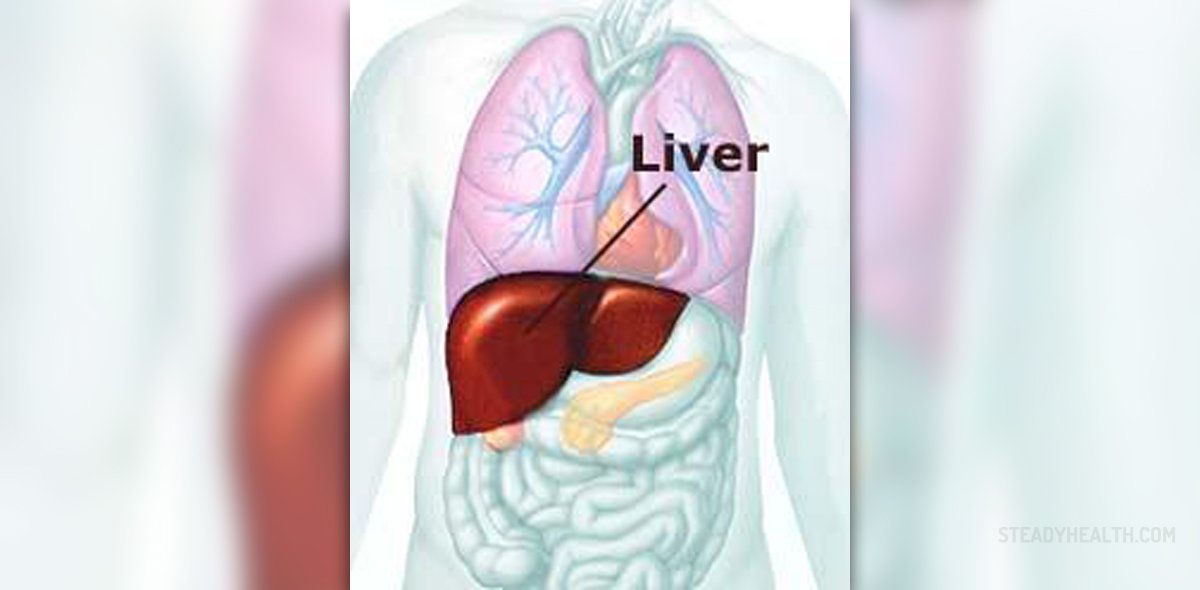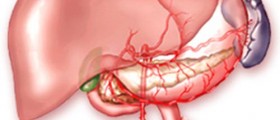
What is Acute Liver Failure?
Liver failure refers to deterioration of the liver to the point where it cannot recover and resume its function. Liver failure typically arises slowly and years may go by until most of the liver becomes irreversibly damaged. On the other hand, acute liver failure is featured by the rapid collapse of liver functions. The condition develops over the course of several days. In fact, complete failure of liver functions may occur within 48 hours. Acute liver failure may lead to severe complications such as hepatic encephalopathy that can result in hepatic coma, as well as kidney failure and disruption of protein synthesis.
Acute Liver Failure Causes
The most common cause of the acute liver failure is acetaminophen overdose. Acetaminophen is an analgesic and antipyretic that can produce severe liver injury due to either single overdose or smaller doses taken for a few days. Acute liver failure can also result from excessive use of prescription drugs such as antibiotics, non-steroidal anti-inflammatory drugs and anticonvulsants. Viral diseases like hepatitis A, hepatitis B and hepatitis C can lead to acute liver failure, too. Autoimmune hepatitis is also associated with the condition. Heavy alcohol drinking for a long period of time, malnutrition and poisoning by mushrooms are other possible causes of acute liver failure. Certain diseases such as liver cirrhosis, cancer of the liver, vascular disease of the liver (like portal vein thrombosis) and Bud-Chiari syndrome can cause the condition as well. Sometimes, rare metabolic diseases such as Reye’s syndrome and acute fatty liver of pregnancy can be the cause of acute liver failure.
Acute Liver Failure SymptomsInitial symptoms of acute liver failure include fatigue, nausea, vomiting, diarrhea, abdominal discomfort, malaise and loss of appetite. Jaundice, characterized by yellowing of the skin and eyes is a symptom that appears late in the course of the disease. Apart from jaundice, symptoms like tenderness in the upper right area of the abdomen and formation of ascites that results in swollen abdomen are also present. In case hepatic encephalopathy occurs a sufferer will experience other symptoms as well. Hepatic encephalopathy is a severe complication of acute liver failure marked by cognitive dysfunction. This condition occurs because of inability of the liver to filter out toxins from the blood because of which toxins accumulate and via bloodstream reach the brain. This causes changes in personality such as irritability, disorientation, inattention, confusion, insomnia and delirium. Untreated hepatic encephalopathy leads to hepatic coma. Bleeding disorders may also arise from acute liver failure since the liver can not produce enough clotting factors required for coagulation of blood.
Acute Liver Failure Treatment
Acute liver failure is a medical emergency and patients with the condition are treated in the intensive care unit. Treatment for acute liver failure is determined by underlying cause. For example, acute liver disease caused by a medication overdose is treated with drugs that can reverse their effects. In severe cases of acute liver failure a liver transplant may be needed.

















Your thoughts on this
Loading...